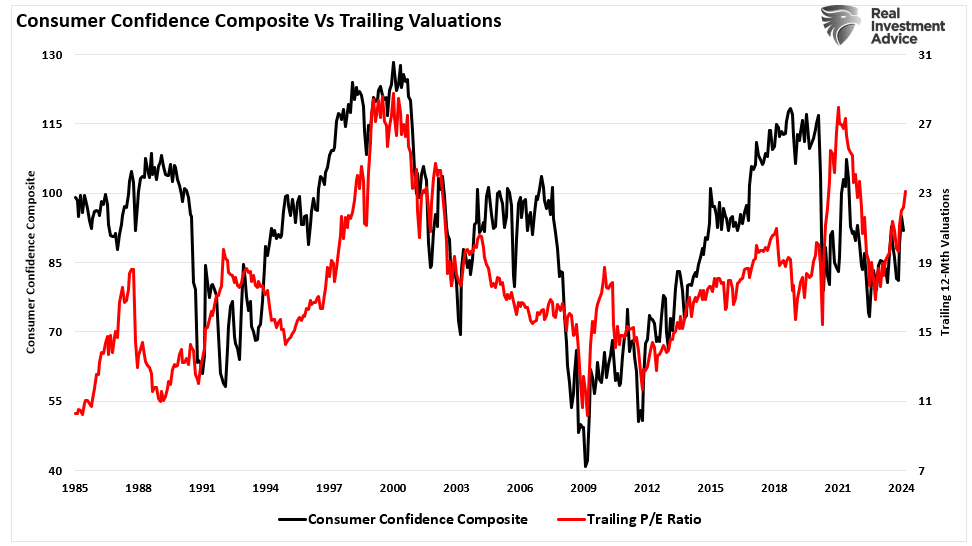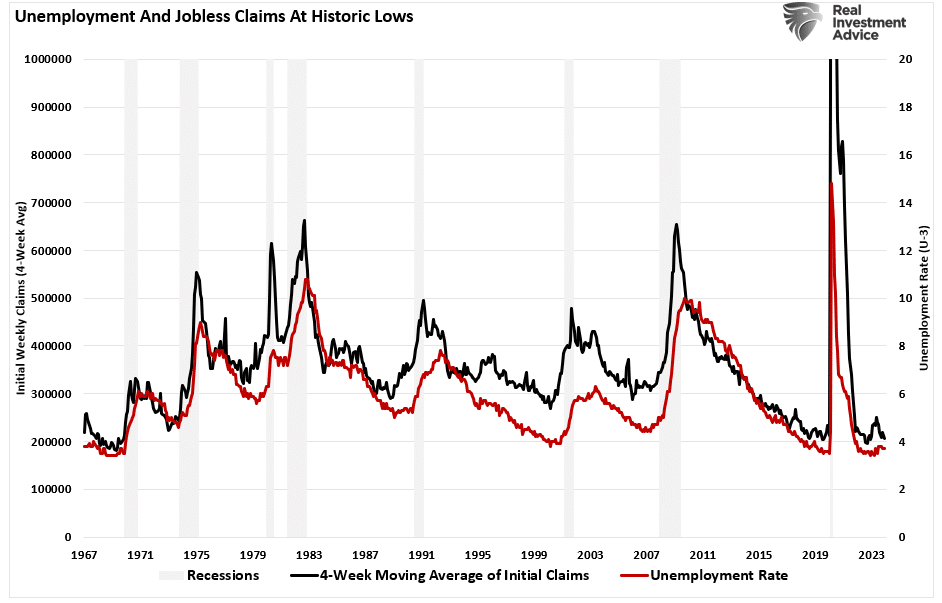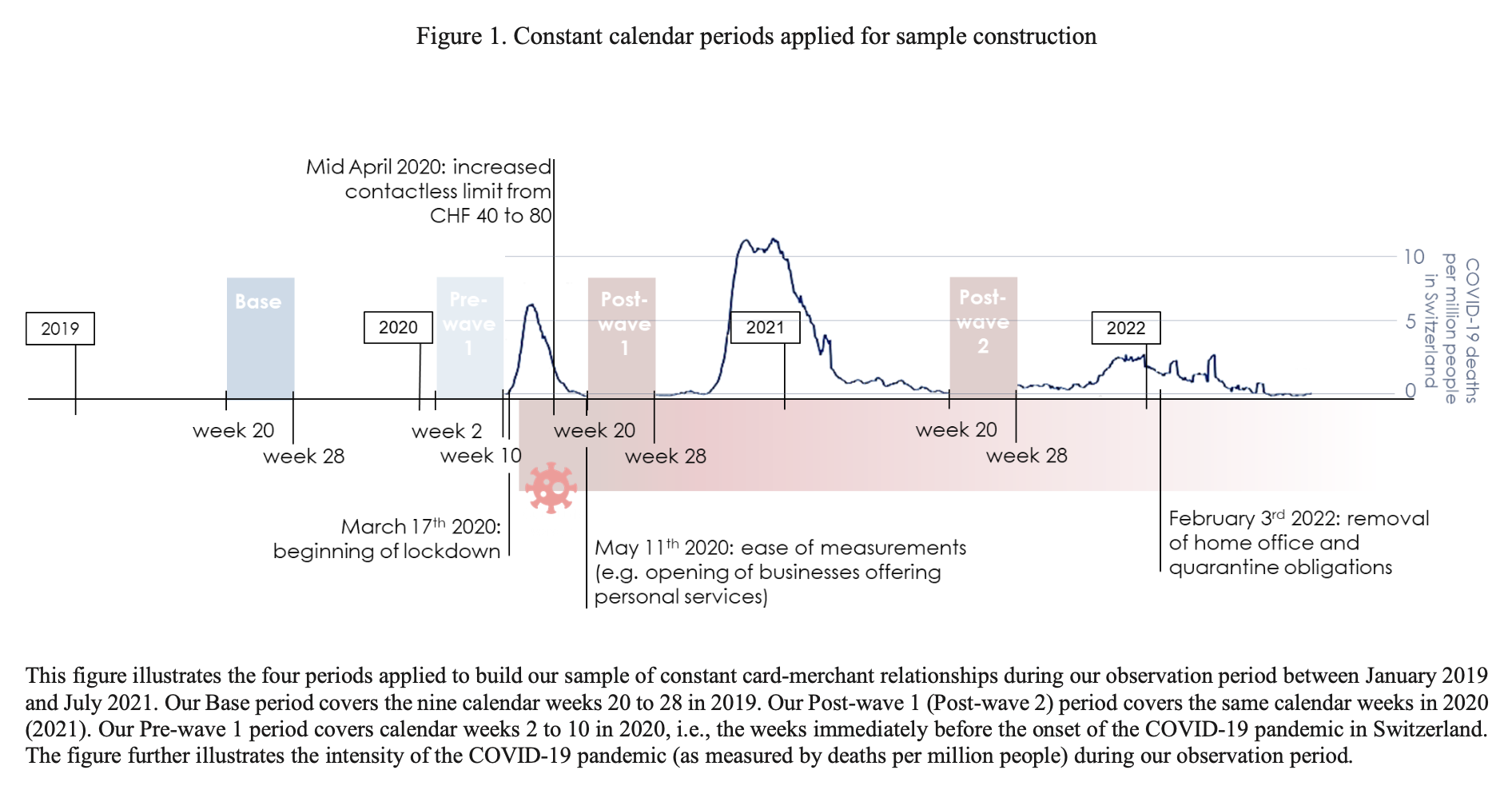Just over a year ago, we reported that in what was set to be a pilot experiment in “universal basic income”, Finland would become the first nation to hand out “helicopter money” in the form of cash directly to a select group of citizens.
As of January 1, 2017, the experiment in “basic income” has officially begun, with Finland becoming the first country in Europe to pay its unemployed citizens the guaranteed monthly sum of 560 euros ($587), in a “unique social experiment which is hoped to cut government red tape, reduce poverty and boost employment.” According to Olli Kangas from the Finnish government agency KELA, which is responsible for the country’s social benefits, the two-year trial with the 2,000 randomly picked citizens who starting on the first day of the year, will receive a guaranteed income, with funds that will keep flowing whether participants work or not.
 The money, which is guaranteed regardless of income, wealth or employment status, is well below the average private sector income in Finland of €3,500 per month, but is still revolutionary in its broad-sweeping approach and will be closely watched by economists around the globe for its social consequences.
The money, which is guaranteed regardless of income, wealth or employment status, is well below the average private sector income in Finland of €3,500 per month, but is still revolutionary in its broad-sweeping approach and will be closely watched by economists around the globe for its social consequences.
The idea, at least in theory, is that a universal income offers workers greater security, especially as technological advances reduce the need for human labor. It will also allow unemployed people to pick up odd jobs without losing their benefits. The 2,000 lucky participants in the trial were randomly selected, but had to be receiving unemployment benefits or an income subsidy. The money they are paid through the program will not be taxed.
According to Kangas, the scheme’s idea is to abolish the “disincentive problem” among the unemployed. Cited by AP, he said that the trial aims to discourage people’s fears “of losing out something”, adding that the selected persons would continue to receive the 560 euros even after receiving a job.
The change could also encourage more jobless people to look for work, because they won’t have to worry about losing unemployment benefits. Some unemployed workers currently avoid part time jobs because even a small income boost could result in their unemployment benefits being canceled.
In the Finnish case, recipients will not need to prove they are looking for work and the money will be given regardless of any other income the person earns.
“Incidental earnings do not reduce the basic income, so working and … self-employment are worthwhile no matter what,” said Marjukka Turunen, the head of the legal unit at Kela, Finland’s social insurance agency.
A jobless person may currently refuse a low-income or short-term job in the fear of having his financial benefits reduced drastically under Finland’s generous but complex social security system.
As a result, the Finnish government is planning to study whether the policy will recipients find work as it suspects many unemployed people are put off getting a job because they will lose unemployment benefits and therefore be worse off financially – a similar problem to that which tax credits were designed to solve in the UK.
“It’s highly interesting to see how it makes people behave,” Kangas said. “Will this lead them to boldly experiment with different kinds of jobs? Or, as some critics claim, make them lazier with the knowledge of getting a basic income without doing anything?”
The unemployment rate of Finland, a nation of 5.5 million, stood at 8.1 percent in November with some 213,000 people without a job, unchanged from the previous year.
The radical scheme in income security is part of the measures by the center-right government of Prime Minister Juha Sipila to tackle Finland’s joblessness problem. Kangas said the basic income experiment may be expanded later to other low-income groups such as freelancers, small-scale entrepreneurs and part-time workers. Ultimately, it could be expanded to include all adult Finns.
Should the Finnish experiment prove successful, it will likely be extended to other developed, and developing, nations as the idea is not unique to Finland.
Advocates point to the Italian city of Livorno, which started a guaranteed basic income for the city’s 100 poorest families in June. The scheme was extended to further 100 families starting Sunday. They are receiving €500 ($525) per month. Pilot programs are also being discussed in Canada, Iceland, Uganda and Brazil.
Last year Switzerland considered giving every adult citizen a guaranteed income of $2,500 per month, but the plan was scrapped in a nationwide referendum when more than 75% of voters were against the measure. According to the IMF and the World Bank, Switzerland is currently the second wealthiest nation in the world on a GDP per capita basis.
However, as CNN notes, the best example of a guaranteed income program might be in the state of Alaska, which has been giving out annual cash payments to all residents since the 1980s, a dividend from the state’s oil revenue.
So, as Finland begins testing out one of Milton Friedman’s favorite ideas, it is worth recalling that Friedman also realized that it wouldn’t work in the 1950s America in which he lived, so instead it became a negative income tax. Also too expensive for the time so, as Forbes notes, it became again the Earned Income Tax Credit instead: the EITC derives from Milton Friedman.
And while economists are curious about the social implications of “universal basic income”, another interesting observation from this experiment will be whether the Laffer Curve is indeed applicable in practice. How so? This is how Forbes’ Tim Worstall summarizes the Finnish experiment in the context of taxonomics:
“What I think will be a much more important lesson is that the Laffer Curve really works. No, stop, it does not mean that all tax cuts pay for themselves. It just means that there are tax rates which, if you lower them, produce more revenue, just as there are other rates which if you raise them they produce more revenue. And one of the mechanisms by which this works is that at higher wages (and wages which attract lower taxes are indeed higher to the recipient) people will work more. This idea is generally thought of as applying only to rich people–I do not, I think that it applies to human beings.
Thus I look at the tax and benefit withdrawal rates faced by poor people. And in my native UK it is rather shocking. Income tax kicks in around about and near the levels at which income support is withdrawn. Thus there are millions of people who face marginal tax rates of 60%, some hundreds of thousands of over 80% and tens of thousands of unfortunates of more than 100%. It’s unlikely that people will work more for only 20% of the extra wages, isn’t it?
This is what the unconditional part of this trial gets around. You will indeed face a rising tax rate as more is earned. But not the benefit withdrawal rate at the same time meaning that the effective marginal tax rate is lower. Thus I expect more of those on this benefit to work more hours than those on the traditional benefit system. That is, I expect us to be able to prove that high marginal taxation rates are a disincentive to work for the poor just as much as they are for the rich. This is something I believe to be true right now but it would be nice to be able to wave the evidence around.
So while economists will be delighted to watch the outcome of this particular socio-economic experiment, few are as happy at this moment as the formerly unemployed 2,000 very lucky Finnish citizens who going forward will collect an additional €560 per month for at least the next two years, with no strings attached.
Incidentally, for one reason why this experiment is likely doomed to fail, read “The Flaws In “Basic Income for Everyone”
Full story here Are you the author? Previous post See more for Next postTags: Basic income,Brazil,economy,Fail,Finland,Grundeinkommen,Iceland,International Monetary Fund,Labor,Milton Friedman,newslettersent,Social Issues,Switzerland,Tax,Unemployment,World Bank





































